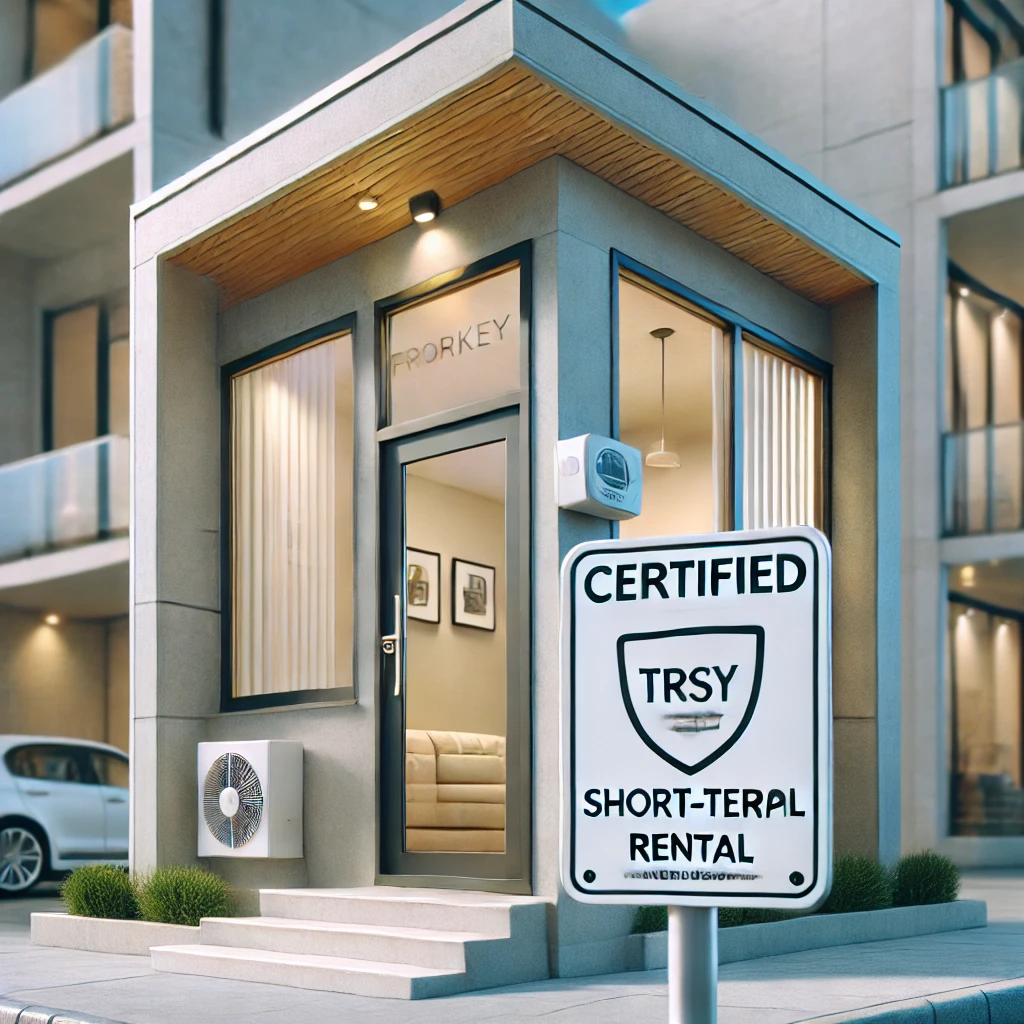Navigating Turkey's New Short-Term Rental Regulations: What Property Owners Need to Know
Introduction to Turkey’s Short-Term Lease Regulation
As of January 1, 2024, Turkey has implemented new regulations governing the short-term rental of residential properties for tourism purposes. These regulations, published in the Official Gazette on December 28, 2023, aim to ensure that properties rented for short periods are properly licensed and meet specific quality standards. This article will explore the key aspects of these regulations, their implications for property owners, and what travelers should expect when renting a short-term property in Turkey.
Overview of the Regulation on Short-Term Leases in Turkey
The Regulation on Regulating the Activities Regarding the Renting of Residential Properties for Tourism Purposes is designed to control the short-term rental market, which has grown rapidly in recent years. Under the new law, property owners must obtain a permit from the Ministry of Culture and Tourism before they can legally rent their properties for tourism purposes. This section will break down the requirements for obtaining this permit, the application process, and the consequences of non-compliance.
Permit Certificate Procedures
The regulation mandates that property owners must apply for a permit through the e-government website, providing specific documentation to certify their property for short-term rental. This section will detail the necessary documents, the steps involved in the application process, and the timeframe within which applications are processed.
Key Points:
- Property owners need to submit identification documents, proof of ownership, and consent from co-owners if applicable.
- Applications are typically processed within 30 days.
- Properties are subject to inspection within 30 days of permit issuance.
Qualifications for Permitted Residences
To qualify for a short-term rental permit, properties must meet certain standards, including having essential amenities like a bed, toilet, bathroom, and kitchen. The regulation also stipulates safety requirements, such as the presence of smoke detectors and fire extinguishers. This section will explore these qualifications in detail and explain how property owners can ensure their residences meet the necessary standards.
Key Points:
- Properties must be fully furnished and equipped with basic amenities.
- Safety measures, such as fire detectors and escape plans, are mandatory.
- Properties are limited to a maximum capacity of 12 people.
Obligations of Permit Holders
Once a property owner obtains a short-term rental permit, they are subject to various obligations, including ensuring the property is well-maintained and meets cleanliness standards. They must also display a plaque at the entrance of the property, indicating that it is certified for tourism purposes. This section will outline the key responsibilities of permit holders and the penalties for failing to comply with the regulations.
Promotion and Advertising of Permitted Residences
The regulation also includes guidelines for promoting short-term rentals, requiring that all advertisements include the permit number and accurate information about the property. This section will discuss the rules for marketing short-term rentals and the importance of providing truthful and clear information to potential renters.
Key Points:
- All promotions must include the property’s permit number.
- Advertisements should provide detailed and accurate descriptions of the property.
- Misleading promotions are prohibited and subject to penalties.
Auditing and Enforcement
To ensure compliance with the new regulations, properties are subject to regular audits. This section will cover the auditing process, including how often properties are inspected and the penalties for non-compliance.
The Ministry’s Authority and Enforcement Measures
The Ministry of Culture and Tourism has been granted significant authority to enforce these regulations, including the ability to demand documents and information from property owners and intermediaries. This section will explain the Ministry’s enforcement powers and the actions it can take against unpermitted properties.
Conclusion
The new regulations on short-term leases in Turkey represent a significant shift in the management of residential properties rented for tourism purposes. Property owners must now navigate a detailed application process, meet stringent property standards, and adhere to strict promotional guidelines. For travelers, these changes should enhance the quality and safety of short-term rentals in Turkey. As the regulation is now in effect, it is crucial for property owners to comply with these new requirements to avoid penalties and ensure their properties remain competitive in Turkey’s thriving tourism market.
For more information on travel in Turkey and to explore your accommodation options, visit the Republic of Türkiye Ministry of Culture and Tourism website
Latest Update: Aug 14, 2024
Your Content Goes Here
A brief summary of the key points in this article.




